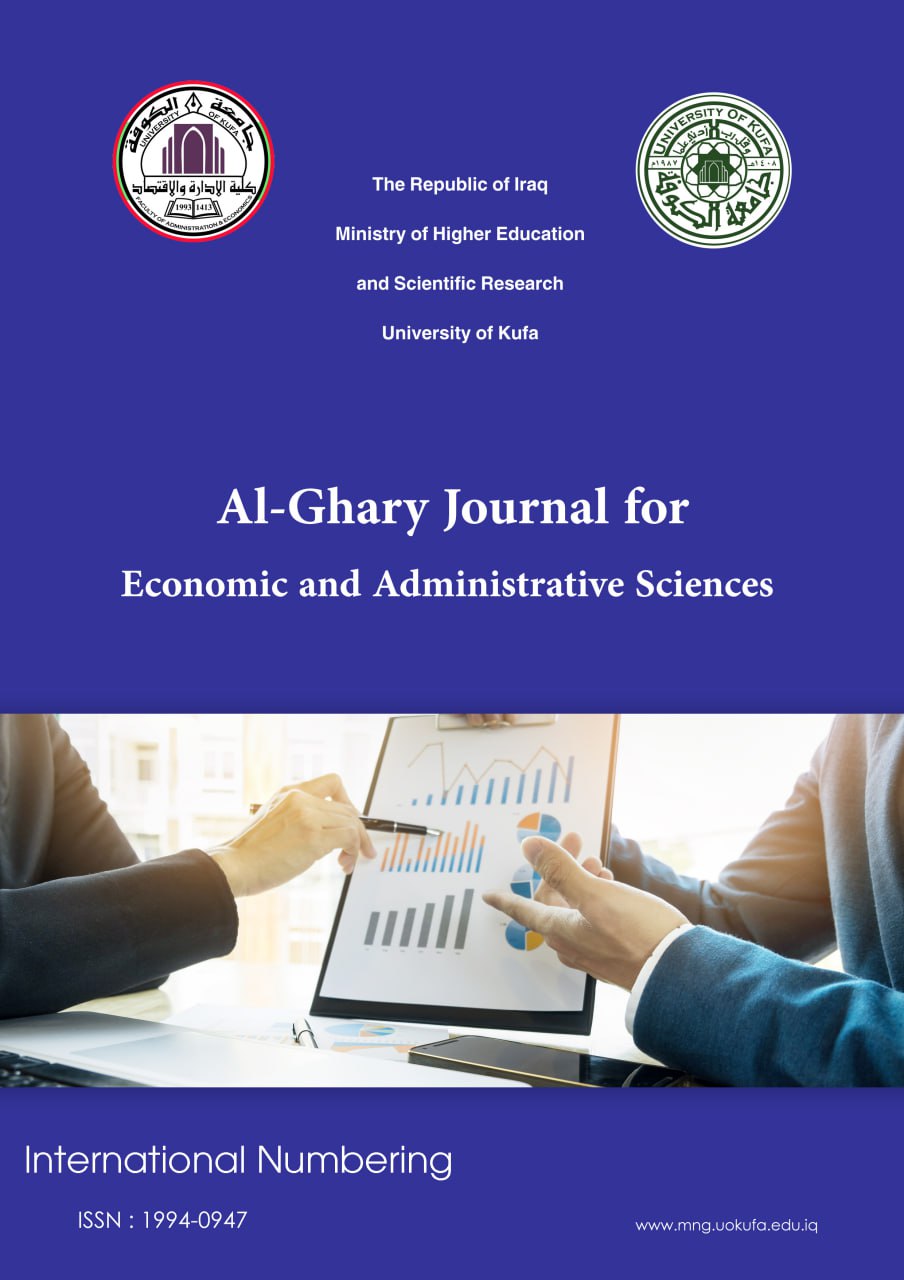THE IMPACT OF SOME MARCO-ECONOMIC VARIABLES ON THE ELECTORAL VOTE OF A SAMPLE OF ELECTED ARAB COUNTRIES
DOI:
https://doi.org/10.36325/ghjec.v19i3.14747Keywords:
Fixed Effect Model, Voter Turnout, VAP Turnout, Macro-economic VariablesAbstract
This paper looks descriptively and analytically at how two groups of variables, macroeconomic and institutional, affect voter turnout in parliamentary elections. The research was based on hypotheses that high inflation, unemployment and institutional variables increase voter turnout, while high average per capita GDP discourages participation. To verify these hypotheses, panel data was used between 2001 and 2020 for a sample of (11) Arab countries. The study concluded that fixed effects models are very suitable for describing the relationship between macroeconomic and institutional variables and voter turnout, and there is a strong effect of the unemployment rate on voter turnout and a less strong effect of inflation, while the effect of per capita GDP is almost non-existent on voter turnout. Therefore, the diversification of the macro economy affects the voter turnout. However, this relationship remains complex and multi-layered. Voters tend to vote when inflation rates are high, and to stay home when unemployment rates are high. This, in turn, can have perverse incentives for politicians who may become more concerned about economic inflation as the negatively affected, the majority, will turn out to vote, while those who benefit from the economy will stay home and reward the government. Clearly, there are overlapping variables that affect voter turnout in any given election. As for the institutional variables, control of corruption has a greater impact on voter turnout, followed by government effectiveness, then political stability and absence of violence. The research also found that the macroeconomic and institutional variables in certain time period have an impact on voter turnout to participate in the elections of the next time period. The research also found a discrepancy in voter turnout rates among the sample Arab countries. Finally, there is an interaction between macroeconomic and institutional variables, and this interaction is reflected in the impact on the voter turnout.
Downloads
Downloads
Published
How to Cite
Issue
Section
License
Copyright (c) 2023 زكي حسين قادر ، شلير علي صالح

This work is licensed under a Creative Commons Attribution 4.0 International License.
which allows users to copy and create excerpts and summaries, and thus create new scientific works from the article or modify it and benefit from the scientific material, provided that the user refers to the link to the original article









